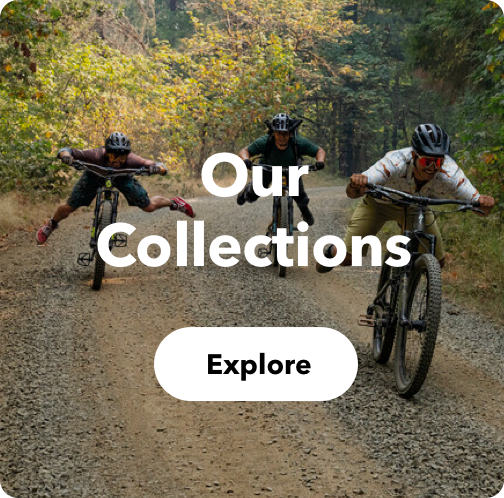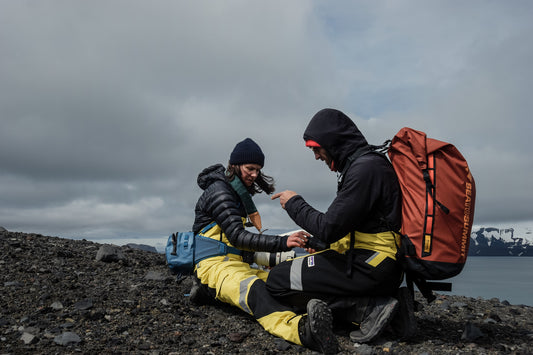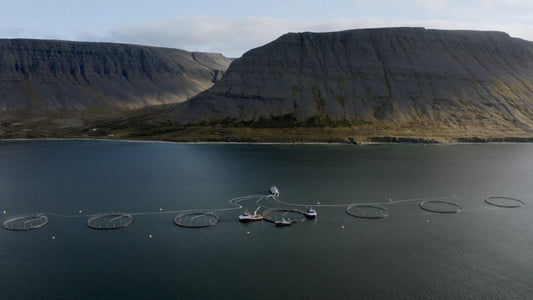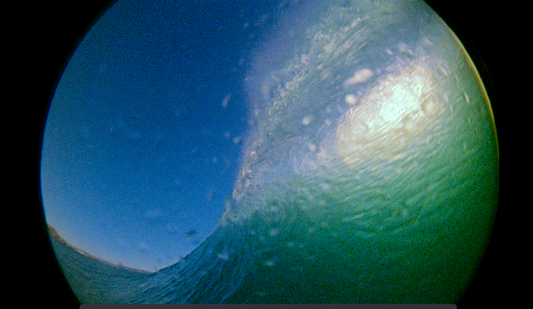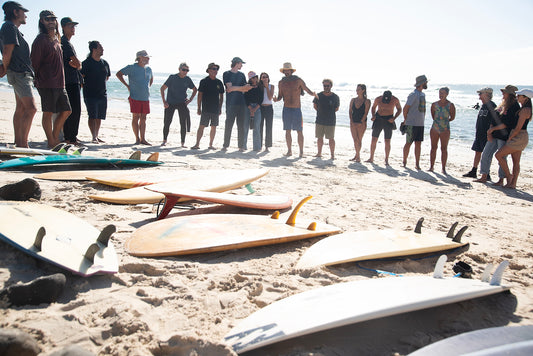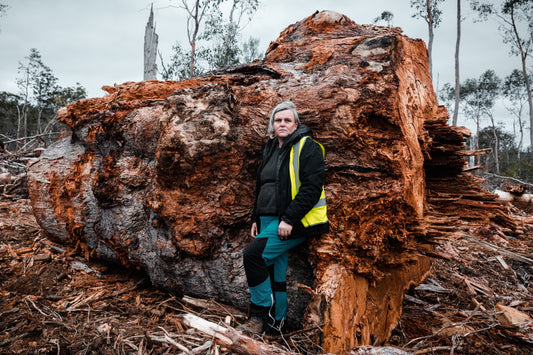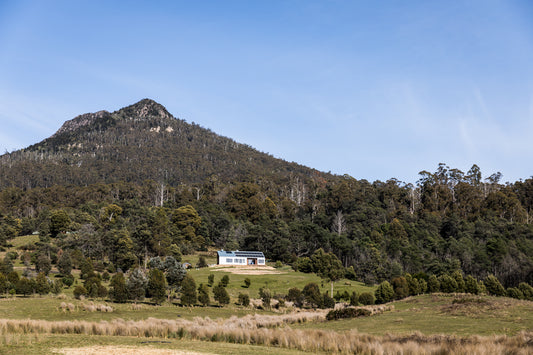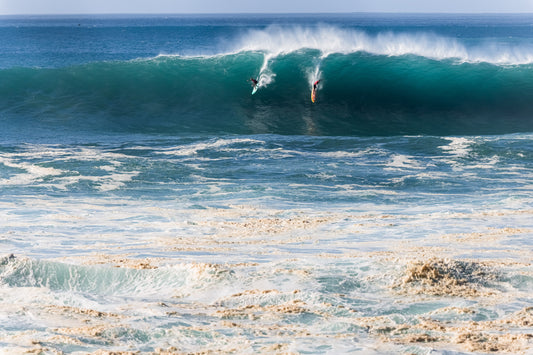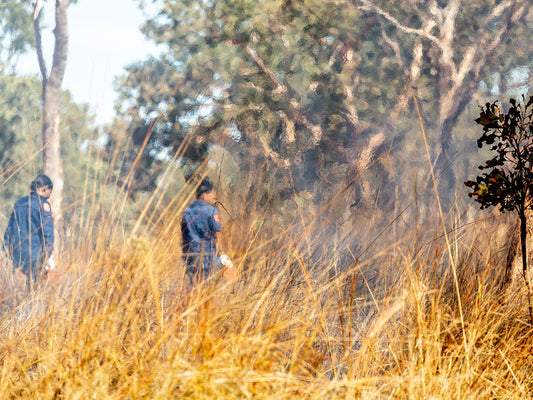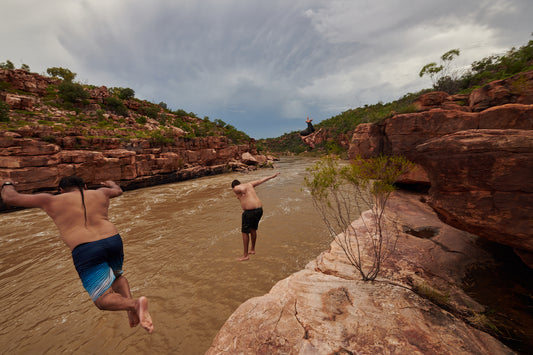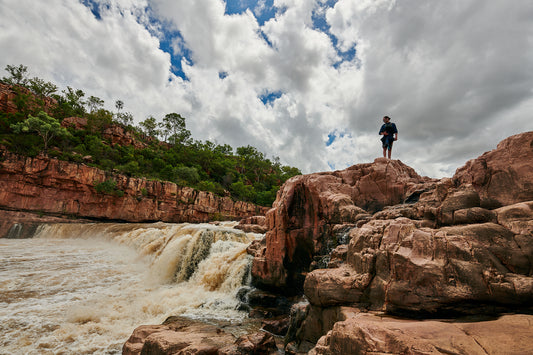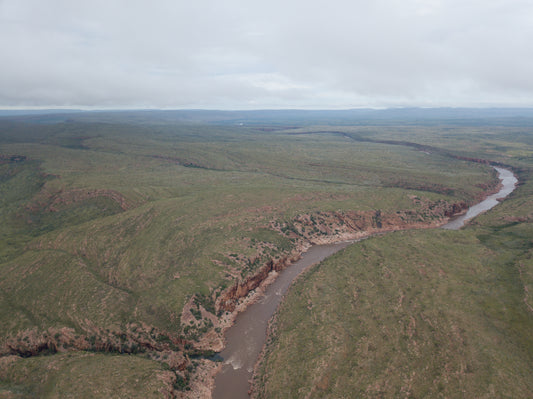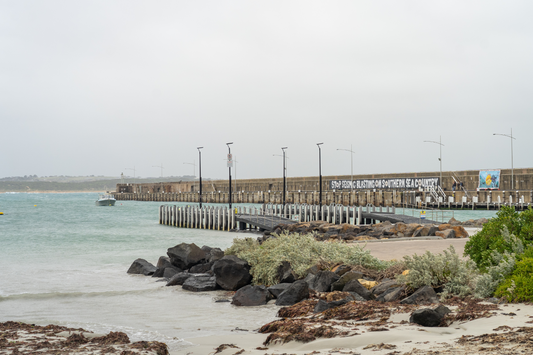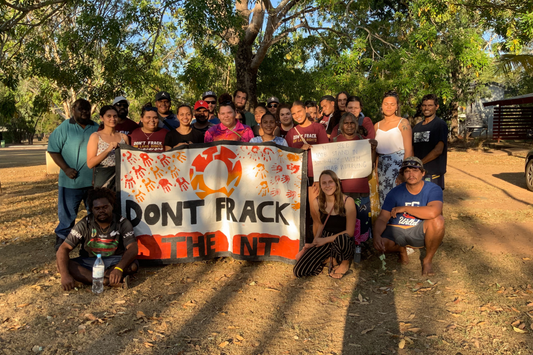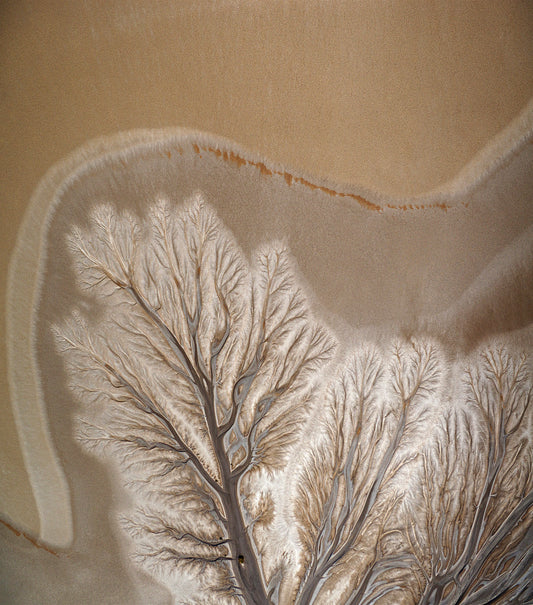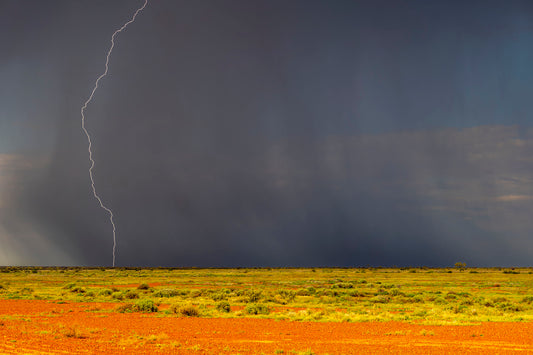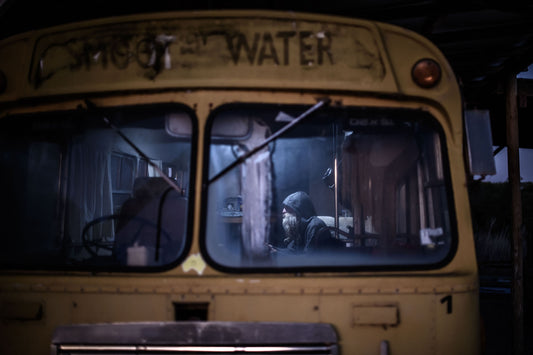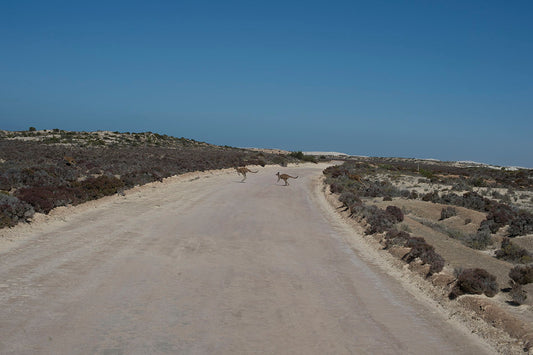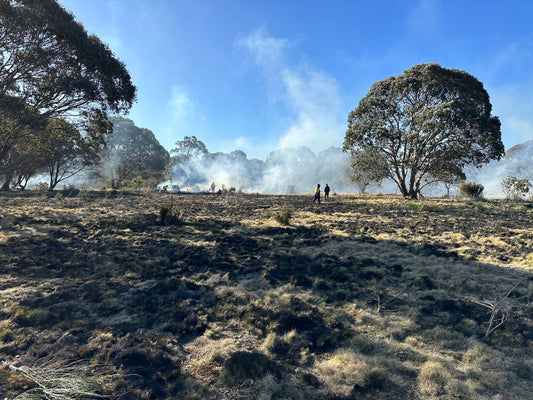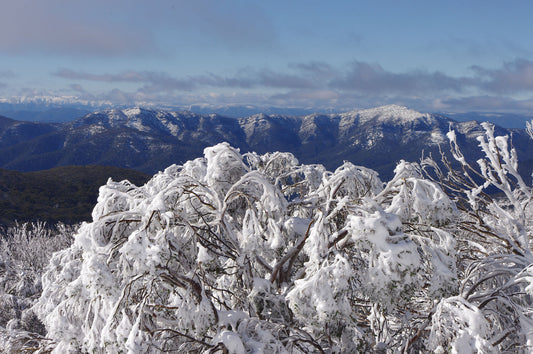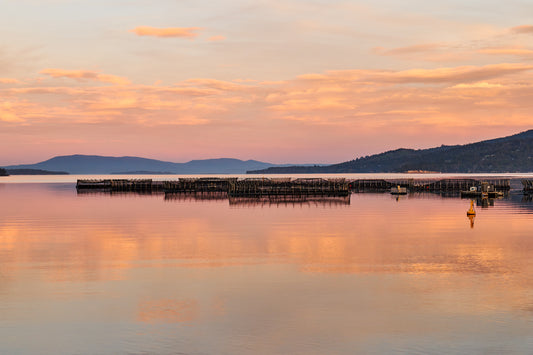This is an edited extract from The Voice to Parliament Handbook by Thomas Mayo and Kerry O’Brien published by Hardie Grant Explore. From the chapter ‘What the Voice means to me’ by Thomas Mayo (pages 3-6).
In those moments especially, often with a tear in my eye, I wish the children could vote. They are curious about difference, not prejudiced; eager to learn, rather than ignore.
They ask, ‘Why haven’t we given Indigenous peoples this Voice already?’
I believe it is up to us to answer their question with our actions now, in our generation. We should not pass on the burdens of our colonial past, nor a constitutional ignorance of our Indigenous heritage to our children, many of whom will become the future leaders of our great nation.
If we miss this opportunity, it will be generations before there is another chance.
Australians have rarely agreed to change the Constitution because, as it is written, the Constitution has served most people quite well.
For Aboriginal and Torres Strait Islander peoples, though, the Constitution has long excluded us. From the earliest European settlement, we were forced into wars on our own lands, defending ourselves against massacres, the abduction of our children, slavery and all manner of cruelties.
The Constitution prohibited the counting of Indigenous peoples as citizens until the 1967 referendum, when the Australian people overwhelmingly voted ‘Yes’ to remove Section 127, titled ‘Aborigines not to be counted in the reckoning of the population’; and to altering Section 51 (xxvi), or the ‘race power’, which had prohibited the federal government from using its power to make special laws for the ‘Aboriginal race’.
The 1967 referendum was the most successful in Australia’s history, with an overall ‘Yes’ vote of 91.8 per cent.
My father, a Kaurareg Aboriginal, Kalkalgal and Erubamle Torres Strait Islander man, was born before 1967. He was not counted as an Australian for most of his childhood. He and his parents lived under a government ‘Protector’ – a white man who had complete control over Indigenous peoples’ lives. The government’s authorities could exile my people from their homelands at any time. They withheld our wages. They could direct us to work without pay. My father and his siblings could have been stolen from their parents and relocated thousands of kilometres away, legally.
My Elders, therefore, have a deep understanding of why constitutional change is important. For all that we have owned that has been taken away, for all we have gained that has been destroyed, and although there have been many promises broken, the constitutional change made in 1967 has been consistent, untouched, regardless of who has been in government. We know that constitutional change is as close as we can get to lasting progress. For my children, I want progress that cannot be removed by a shift in policy. I want a Voice that cannot be repealed by a government that is avoiding accountability.
I believe Australians overwhelmingly supported the 1967 referendum because it was a question about fairness. Yet still today, the Constitution, though we are counted, does not recognise Indigenous peoples as the first peoples of Australia, nor does it ensure that when decisions are made about us, as a distinct people, that we have an opportunity to have a say.
I will never forget when the Uluru Statement from the Heart was read for the first time on the morning of 26 May 2017. With raucous acclamation, we stood as one at the Uluru National Constitutional Convention, to endorse its words and its proposal to establish a constitutionally enshrined Aboriginal and Torres Strait Islander Voice.
The delegates came from urban centres, and rural and remote communities; we were Indigenous healers, service workers, labourers, tradespeople, cultural leaders, rangers – you name an occupation, region or First Nation and there was someone at the convention with that background.
To reach the consensus position, we suspended our disbelief that this modern nation could agree to meaningful constitutional change. After many days of discussion and debate, a great majority of the delegates chose unity and hope.
The hard work Indigenous peoples did should never be underestimated. No one should discount the emotional toil in the debates and discussions, nor how carefully we considered the lessons from the past so we might determine the path to a better future for all Australians.
To reach a collective position, we relied on our culture. We respected each other’s various perspectives and we listened to each other. We practised reciprocity. And finally, we were willing to reach a compromise among ourselves so that we could stand with the strength of unity.
The Voice proposal is a wonderful consensus position, informed by history, experience and sound, logical sense.
We have continued to work hard. The Uluru Statement – the invitation to accept our Voice – is written to the Australian people. And so, we have taken the invitation to millions of Australians to let them know why we have invited them to walk with us.
This nation-building opportunity at a referendum is not a government idea. Rather, it is a gift from Indigenous peoples.
Soon after the Uluru Constitutional Convention in 2017, I had the honour of carrying the sacred Uluru Statement canvas, signed by the 250 delegates and imbued with Anangu lore, to Australians all around the country and from all walks of life. When the Liberal government dismissed our proposal for a Voice in October that year, many Australians joined us by refusing to take ‘No’ for an answer.
The momentum we built, beginning with a uniquely national Indigenous consensus in the heart of the nation at Uluru, followed by an ongoing campaign, has convinced the current government to act. The Labor government has committed to asking the Australian people to decide. I hope the result will reflect the people’s goodwill and propensity towards fairness.
We cannot rely on goodwill alone, though. It is important for voters to understand that voting ‘Yes’ will benefit Indigenous peoples in a practical way, while also strengthening our democracy and our egalitarian society.
Finding ways to inform Australians to counter misinformation has been an important part of my work since the Uluru Statement was created six years ago. In addition to giving hundreds of speeches, I have used writing to inform people. This is my fourth book about the Uluru Statement from the Heart, though this one focuses on the Voice referendum.
Finding the Heart of the Nation was published in October 2019, a narrative series of interviews I conducted with twenty Aboriginal and Torres Strait Islander people about the many reasons why they support the Uluru Statement. Finding Our Heart, the children’s book I mentioned earlier, was published in June 2020. And Freedom Day, a book that shares the Gurindji People’s perspective on the importance of a Voice, co-authored with Gurindji leader Vincent Lingiari’s granddaughter, Rosie Smiler, was published in August 2021.
Kerry O’Brien and I met when I launched my first book, Finding the Heart of the Nation. As you will read in these pages, Kerry is very well informed when it comes to Indigenous affairs. His intimate knowledge, much of it sourced from his interviews with prime ministers and some of the greatest Indigenous leaders, and his ABC reports over decades, led me to him when I had the idea to write this book. Kerry and I have come together to give you the detail you need to decide how you will vote in the referendum.
The referendum is imminent. On your ballot, you may only vote ‘Yes’ or ‘No’. I believe it is a choice between Australia being a mature nation, unique in the world, with over 60 millennia of unbroken civilisation, or being a young nation at merely 122 years since Federation. It is a choice between improving the lives of Aboriginal and Torres Strait Islander peoples, through the simple act of asking the Parliament to listen, or choosing to accept more of the same.
As a signatory to the Uluru Statement from the Heart, I invite you to choose ‘Yes’. Together, our country has much to gain.
Order your copy of "The Voice to Parliament Handbook" here.
Learn more about the Yes23 campaign here.

